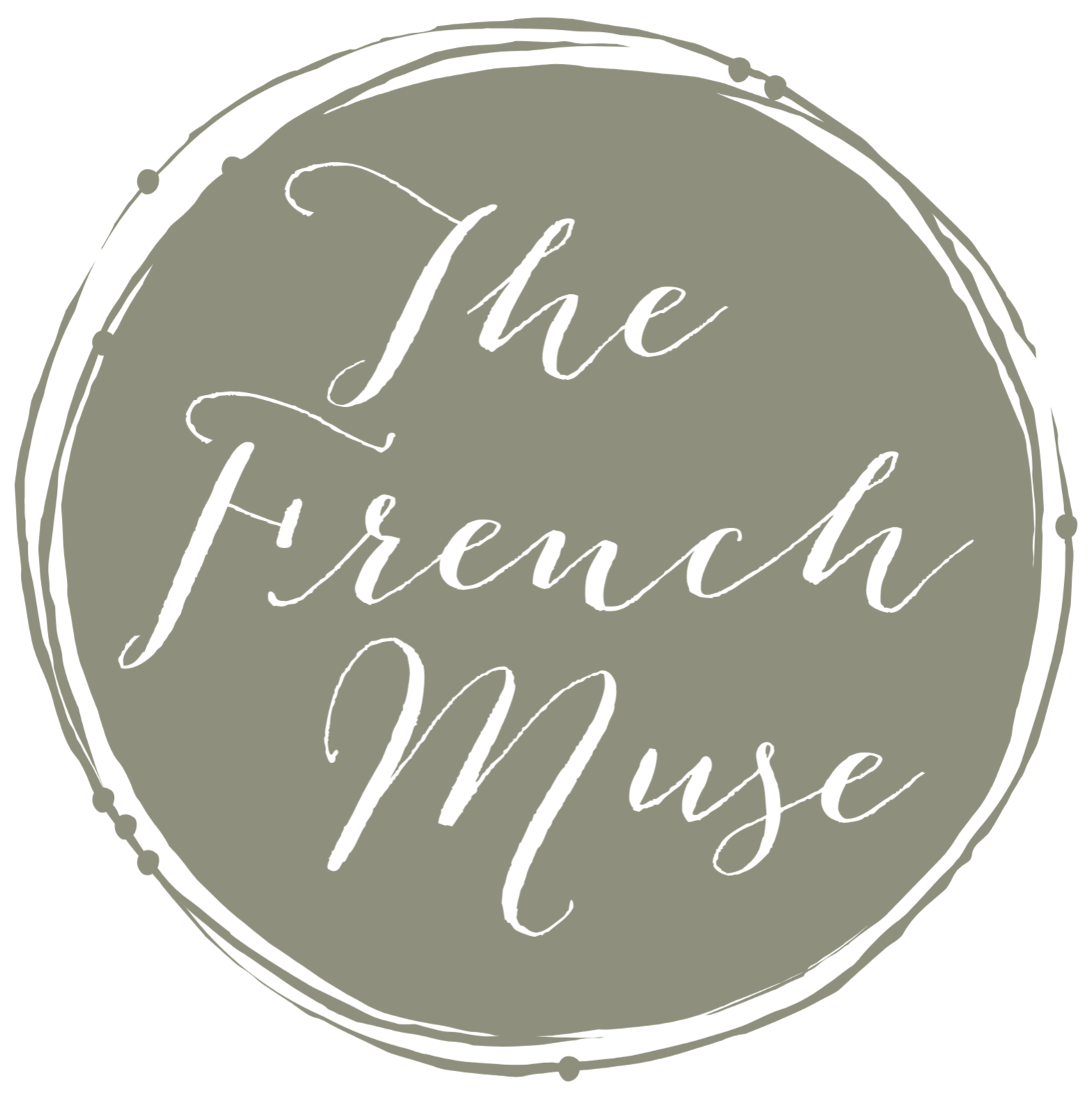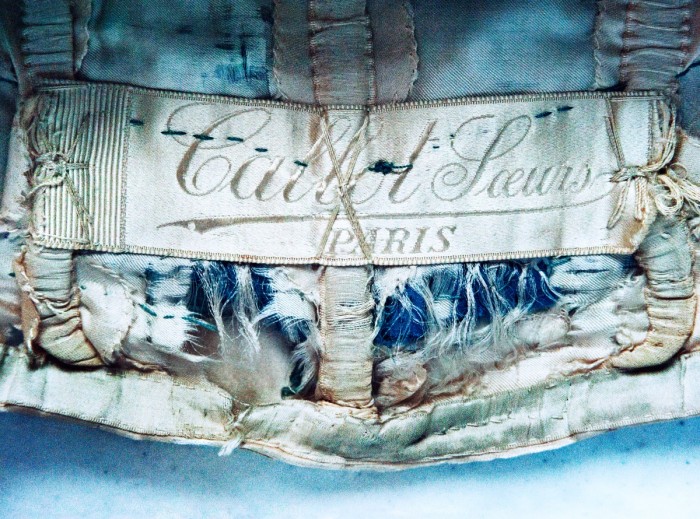Callot Soeurs and la Belle Epoque
I just had to share the most delicious feature from the New Yorker by Jessamyn Hatcher about the discovery of a wonderful cache of twenty one Callot Soeurs dresses which lay forgotten in a pile of Louis Vuitton steamer trunks in a store-room of a fifteenth-century Florentine villa. This wonderful feature brings to life these exquisite time forgotten dresses, once owned by Hortense Mitchell Acton and created by the belle époque French haute-couture designers Callot Soeurs.
"The gowns are in good condition for garments this old. But the diversity of the materials Callot Soeurs employed makes them challenging to preserve. The sequins on two dresses are plagued by “inherent vice”—a degradation of cellulose nitrate. These gowns appear to be melting. Another was stored beneath a dress afflicted with “glass-bead disease.” The chemicals in the beads leached into the mauve fabric of the other dress, ringing it with nebulas faded to magenta. On yet another, tiny satin rosebuds are tearing the tulle hem that they hang from. Most of the gowns are suffering from “memory”—the technical term for wrinkles left in garments by repeated wear."
"Clothing is different from most other kinds of objects in museums. Garments never lose the imprint of the body that was once inside them; indeed, the chemical reactions between the materials of the garments and the wearer’s body are ongoing. Perspiration, even from a long-ago dance in a Tuscan garden, may continue a hundred years later to oxidize metallic thread, to alter the molecular structure of a fabric."
"Madeleine Vionnet, one of the most influential and radical designers of the twentieth century, was the sisters’ head seamstress. She ranked them higher than the self-proclaimed King of Fashion, Paul Poiret. “Without the example of the Callot Soeurs,” Vionnet said, “I would have continued to make Fords. It is because of them that I have been able to make Rolls-Royces.”"
Read more of the beautiful feature here
I loved her seductive descriptions of the toll that time takes on these beautiful dresses - '“inherent vice” and “glass-bead disease” - I've finally found a diagnosis for my antique textile affliction.
Callot Soeurs, evening gown, circa 1926, France, Gift of Mr. Alexander J. Cassatt. Callot was one of the finest Parisian couture houses of the early 20th century. One of about 50 items that will be on display in an exhibit next fall, thanks to a gift from the Richard C. von Hess Foundation. Photo by Michael J. Shepherd.
Detail of blouse, 1905-15 | detail of evening dress by Callot Soeurs, 1910-14 both from The Metropolitan Museum of Art






